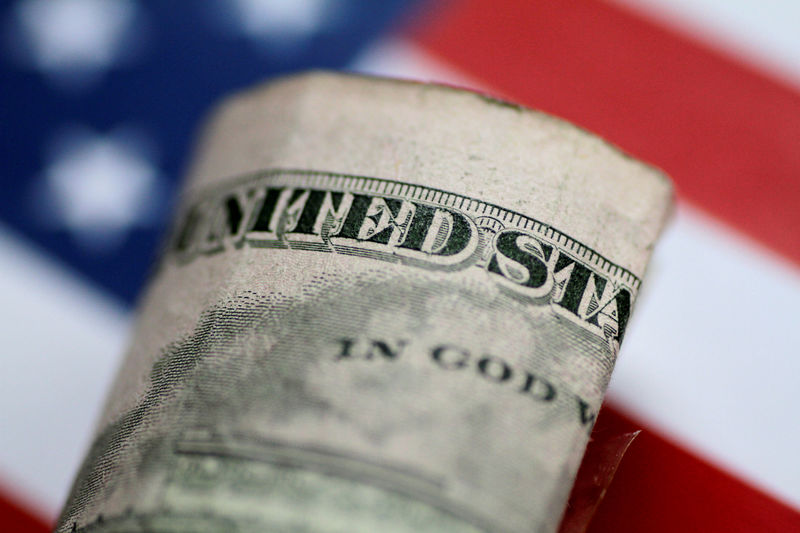Dollar edges lower; Consolidating after sharp COVID-inspired gains
2022.11.22 03:31
[ad_1]

© Reuters.
By Peter Nurse
Investing.com – The U.S. dollar edged lower in early European trade Tuesday, consolidating after recent strong gains as the deteriorating COVID situation in China prompted demand for the safe haven currency.
At 03:05 ET (08:05 GMT), the , which tracks the greenback against a basket of six other currencies, fell 0.2% to 107.507, after rising close to 0.8% overnight, the largest daily gain since Nov. 3.
China has reported a surge in new COVID-19 cases, with record-high daily infections prompting new lockdown measures in several economic hubs including Beijing and Shanghai.
The nation’s capital, Beijing, also reported its first COVID-related death over the weekend since late May.
“It seems that the recent outbreak of Covid in some Chinese cities is still prompting similarly restrictive measures and that the Covid Zero policy has yet to undergo wholesale changes,” said analysts at ING, in a note.
This is raising fears that economic activity would be severely impacted in the world’s second largest economy and major regional growth driver.
That said, there appears to be a consolidation phase occurring Tuesday after the previous session’s large gains for the dollar.
fell 0.1% to 7.1586, after gaining more than 0.7% overnight, with the yuan falling to a 10-day low.
Elsewhere, rose 0.2% to 1.1844, partially reversing its 0.6% fall overnight, after U.K. grew less than forecast in October despite the government’s first support payments to help with household energy bills.
rose 0.2% to 1.0265, rebounding after an 0.8% overnight loss, ahead of the release of figures for November, which are expected to show a small improvement to -26.0 from -27.6.
fell 0.2% to 141.81, after rising more than 1% in the previous session, while the risk-sensitive rose 0.3% to 0.6623, after sliding nearly 1% overnight.
The Organisation for Economic Co-operation and Development is scheduled to publish its latest economic outlook on Tuesday, having warned in September that energy and inflation crises risk pushing large economies into recessions.
[ad_2]
Source link








